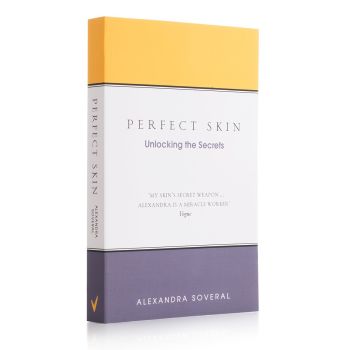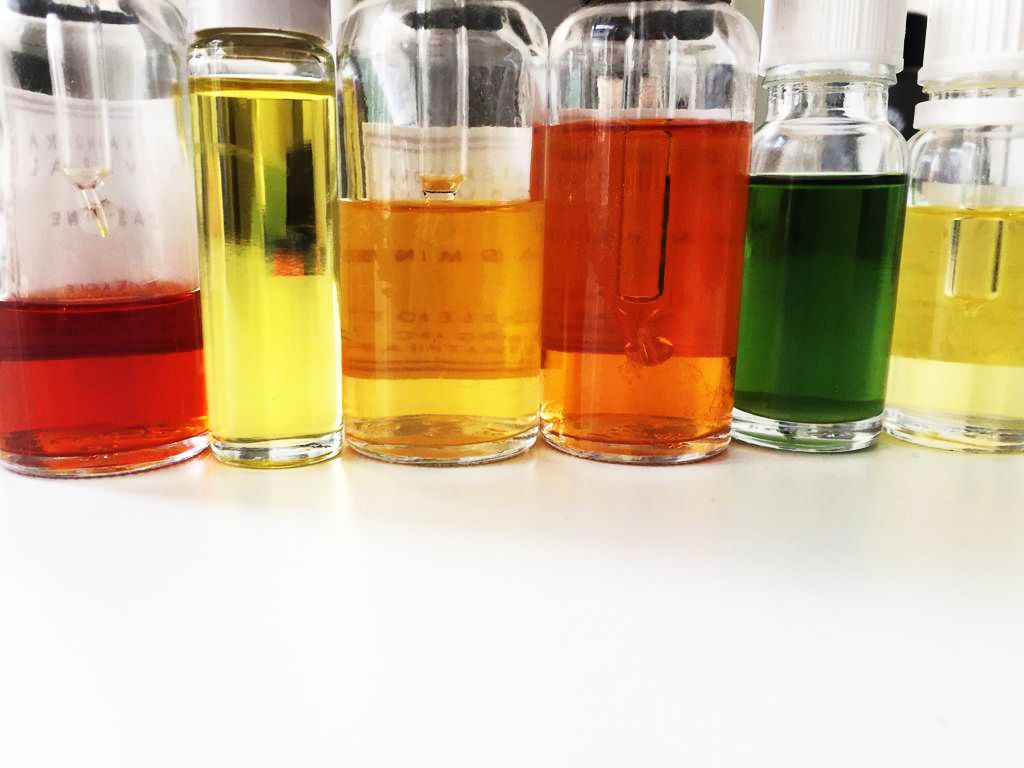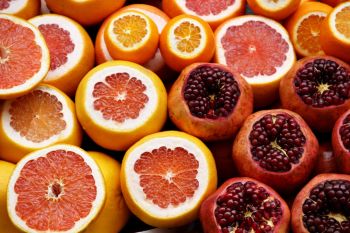Recipes for natural remedies
Posted on
Recipes for natural remedies
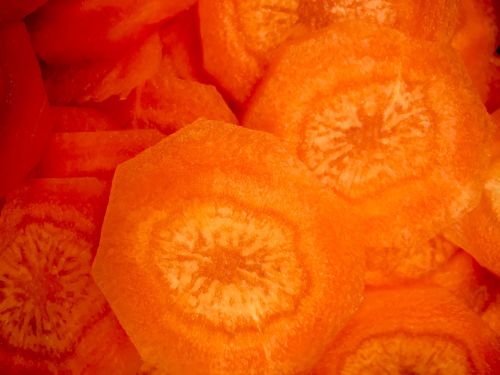
A few simple ingredients in your kitchen that will comfort the soul and boost your immunity in equal measure…
Momma Soveral's cough syrup
Carrots are rich in vitamin A and other antioxidants that support to immune system.
Here's a simple remedy from Alexandra’s mother to soothe a cough and sore throat, or to boost the immune system…
What you will need:
One carrot
A little bit of brown sugar
- Thin slice a carrot into a ceramic or glass bowl.
- Cover the carrot slices with a dusting of brown sugar.
- Cover and leave overnight (out of the fridge).
- A lovely syrup will form that soothes and heals.
A teaspoon a few times a day will work wonders.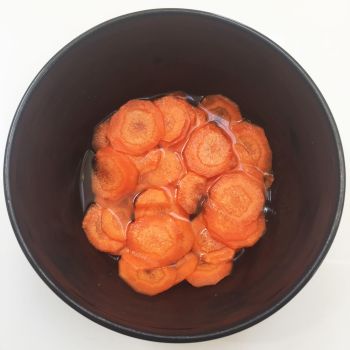
Jorj's Smashing Avocado
- Take one semi ripe or not too soft avocado
- Cut in half with sharp knife, piece skin and press knife blade until you hit the stone
- Rotate knife & avocado in tandem so that start point becomes one with finish
- Twist and behold, two halves. Removed stone
- Sprinkle with salt to taste
- Take one half and cup in hand, with tea spoon procedure to eat
Done!
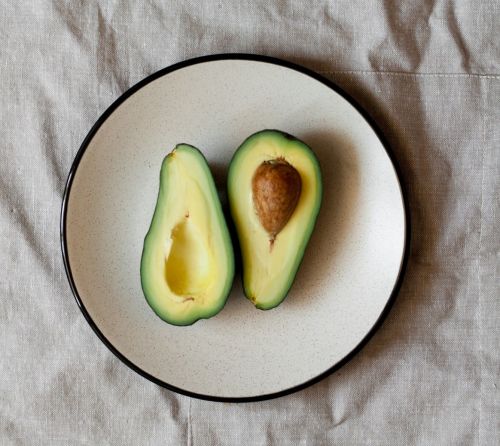
Perfect Skin's Soups
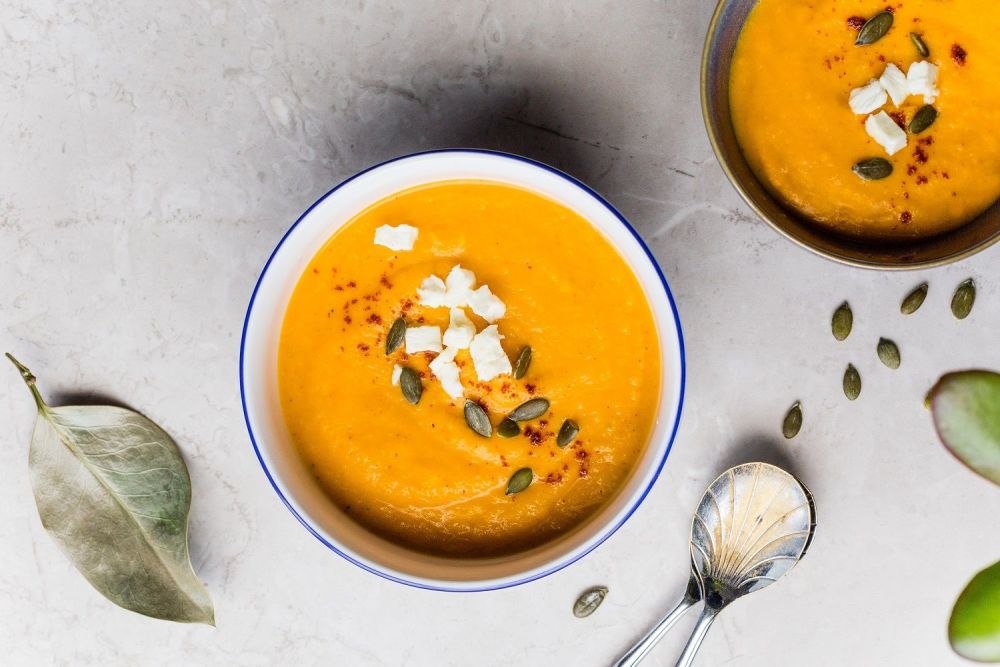
There are numerous soup recipes in Alexandra’s book, ‘Perfect Skin’, but it all begins with a good base – a lovely way to use up any leftovers or vegetables that might be on the turn:
What you will need:
1.7 litres water
1 large white onion, cut into quarters
2 garlic cloves, crushed
1 large carrot, peeled and roughly chopped
1 large potato, peeled and cubed
Any extra or leftover vegetables
A pinch of salt
A pinch of freshly ground black pepper
Bring water to the boil
- Add all the ingredients in the above order (leave the leftover vegetables out)
- Take off the heat and blend until smooth
- Return to heat and add leftovers. Cook until tender
- Season and serve
Root Vegetable and Watercress Soup
This is Alexandra’s “all-time favourite” soup, so we had to include it here!
What you will need:
1.7 litres water
1 medium chilli, finely chopped
3 garlic cloves, crushed
1 large white onion, finely chopped
2 carrots, peeled and roughly chopped
½ medium swede, peeled and roughly chopped
2 medium sweet potatoes, peeled and roughly chopped
2 parsnips, peeled and roughly chopped
1 red pepper, roughly chopped
1 turnip, peeled and roughly chopped
A pinch of salt
A large bunch of watercress, washed
A drizzle of olive oil, to serve
- Bring water to the boil
- Add all the ingredients, except the watercress, in the above order
- Take off the heat. Add the watercress and cook for a couple of minutes
- Check the seasoning and drizzle with the oil before serving
Enjoy!
For more delectable recipes that feed the soul and leave you glowing, look no further…
